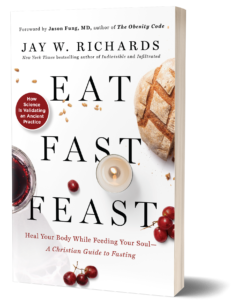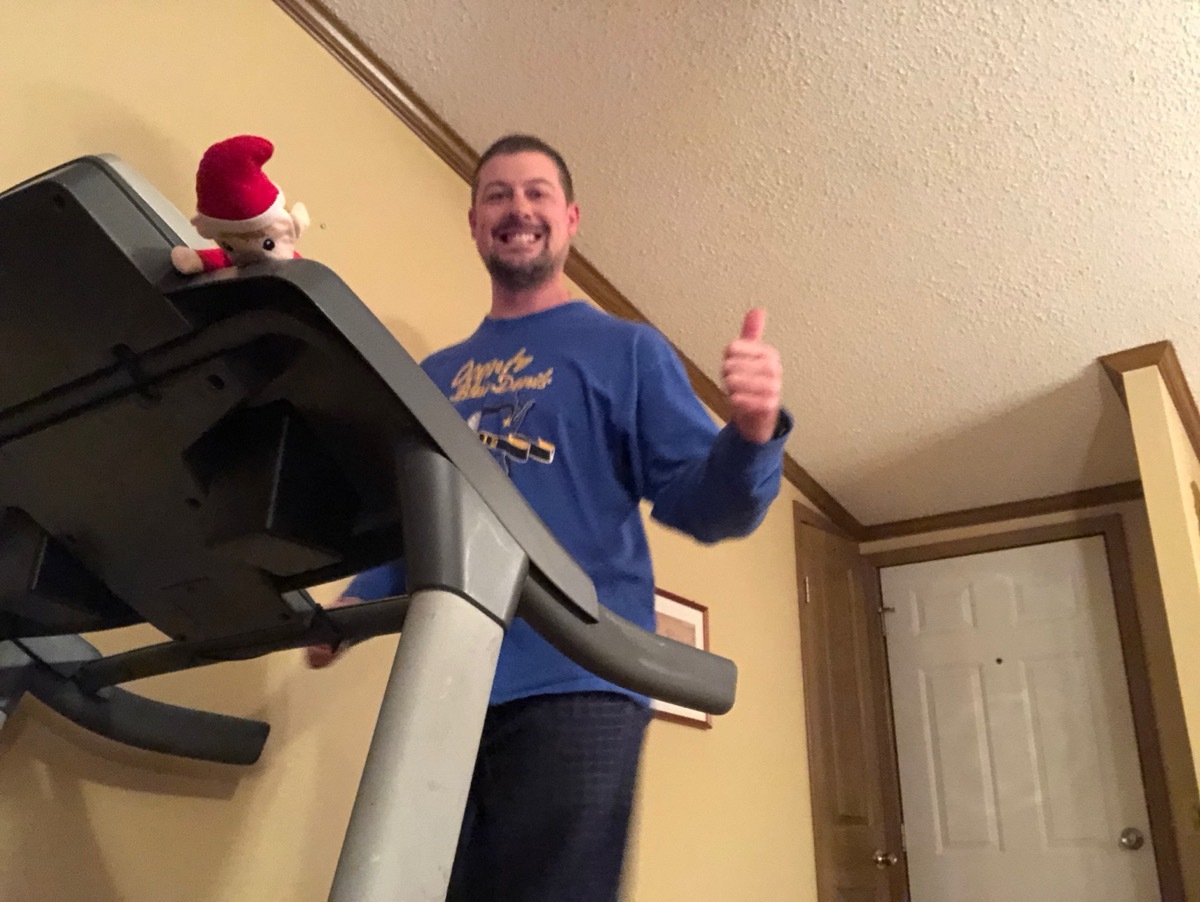Back in November, I made two changes to my daily routine. I had just gotten the results from my annual physical. My cholesterol numbers were poor, again. At first I planned to ignore them, again. I was not about to give up cheese and red meats. But then I went back and dug out past blood test results. As I compared them, I realized it was only in the last 3-4 years that my numbers had gotten consistently bad. I decided to make some changes.
First, I committed myself to walking 45 minutes each day. And I would start my day by walking 15 minutes on the treadmill. I hate morning exercise, and I hate treadmills. But the first few minutes of my day were given to sitting on the couch and looking at my messages and feeds on my phone. I figured I could do the same thing while walking on a treadmill. And it was easier to clock the full 45 minutes if I already had 15 minutes under my belt. I’ve always been an active guy but I had figured a couple days at the gym was better than a daily walk. I was wrong.
I also started doing some fasting. And by ‘some fasting’ I mean I would only have coffee, no breakfast, on Wednesdays. And on Fridays I would go without breakfast and lunch. Of course I still enjoyed a big Wisconsin fish fry dinner on Friday nights; you don’t want to go overboard. I was already eating pretty healthy, but Google ‘intermittent fasting’ and you’ll be surprised at all the health benefits. I figured it was worth a shot. And it beat giving up cheese or red meats.
At first I saw no results, other than feeling better. January rolled around and those extra Christmas pounds just melted right off me, without me really having to work for it. I’m not a heavy guy (though I am ‘overweight’ by BMI). But I had watched my weight slowly climb every year. I would occasionally make attempts to diet a little and drop a few pounds, but I’d always lose less than I’d hoped. And as soon as I stopped the extra dieting, the weight would start climbing again.
Intermittent fasting makes a lot of sense when you think about it. You’re going to basically eat what you need to survive… plus a little bit more. And that ‘little bit more’ means you’ll inevitably gain weight. You need to balance the extras with some days of eating less. Do you want to enjoy a big meal on Christmas, Easter, Thanksgiving, a Birthday, a Baptism Party, a Friday with friends, your anniversary, etc.? Then you also have to fast, and not just for two days during Lent.

Enter the book Eat, Fast, Feast by Jay Richards. He’s spent a lot more time than I have on research and experimentation, and he’s come to the same conclusion. For reasons of both physical and spiritual health, fasting should be a regular part of our weekly and yearly schedules. He backs up his point with a lot of scientific research. He shows you how to fast in a way that won’t leave you feeling light-headed and lethargic. So if you’ve been struggling with the “Covid 19” (gaining 19 pounds since you’ve been quarantined), I suggest daily exercise and a little fasting on Wednesdays and Fridays. And if you have a more serious, long-term problem, get this book. The results might just surprise you.
Peace and Easter joy,
Fr. Joel
